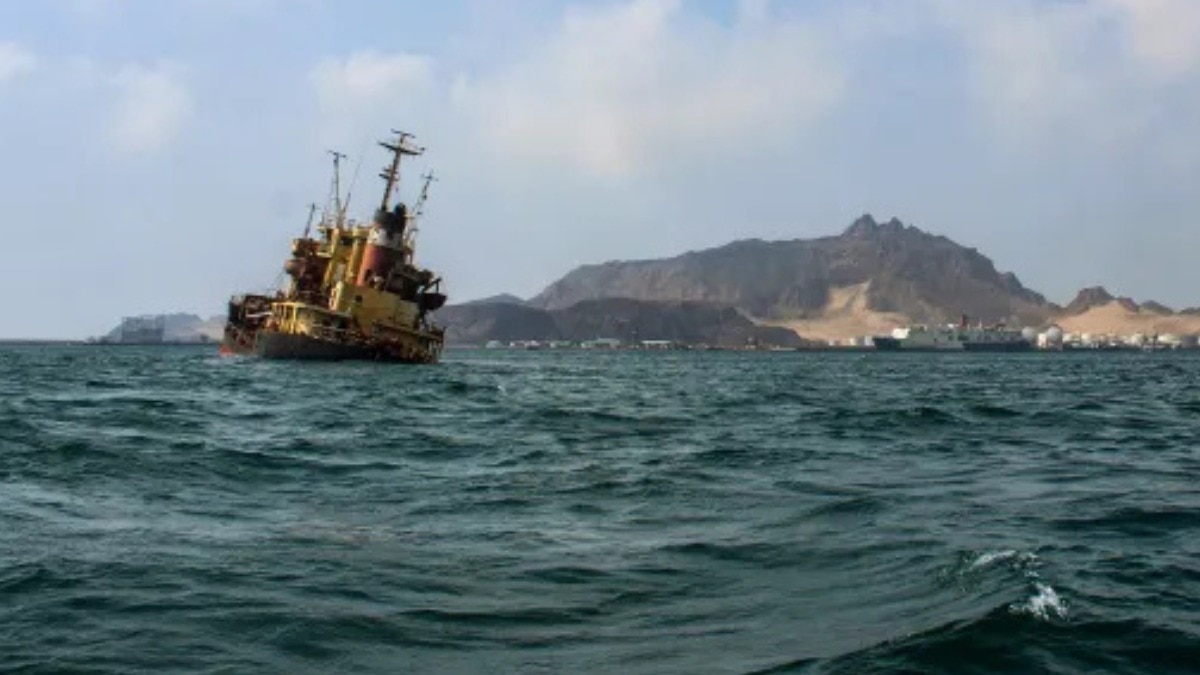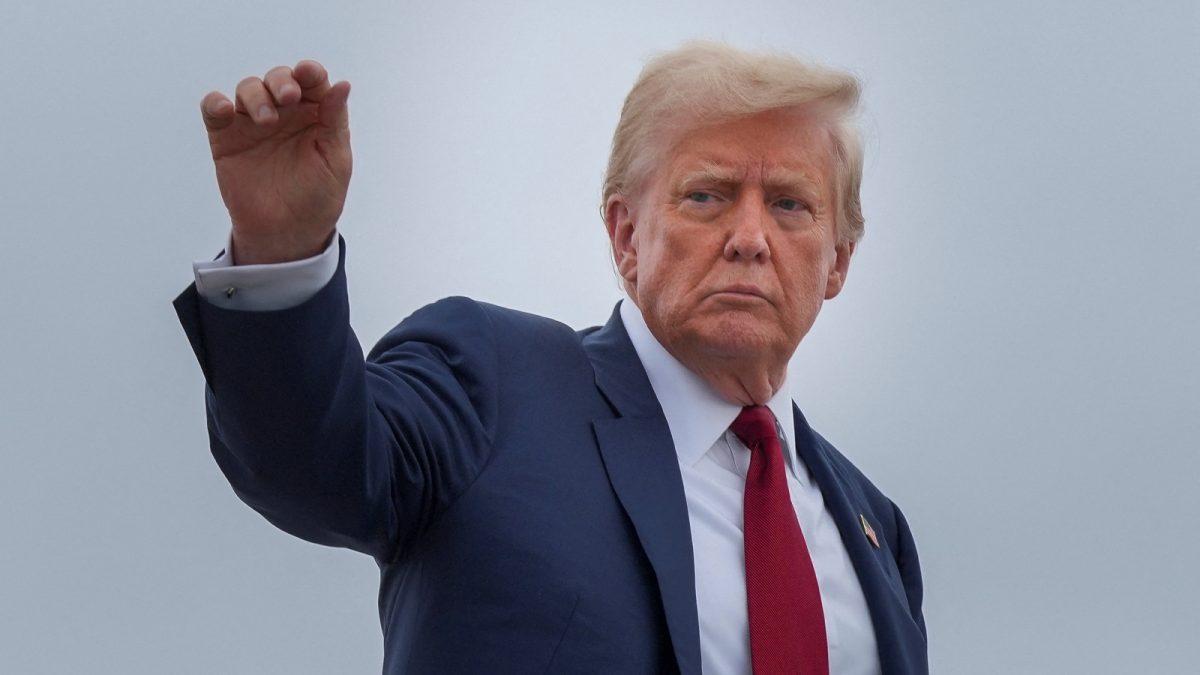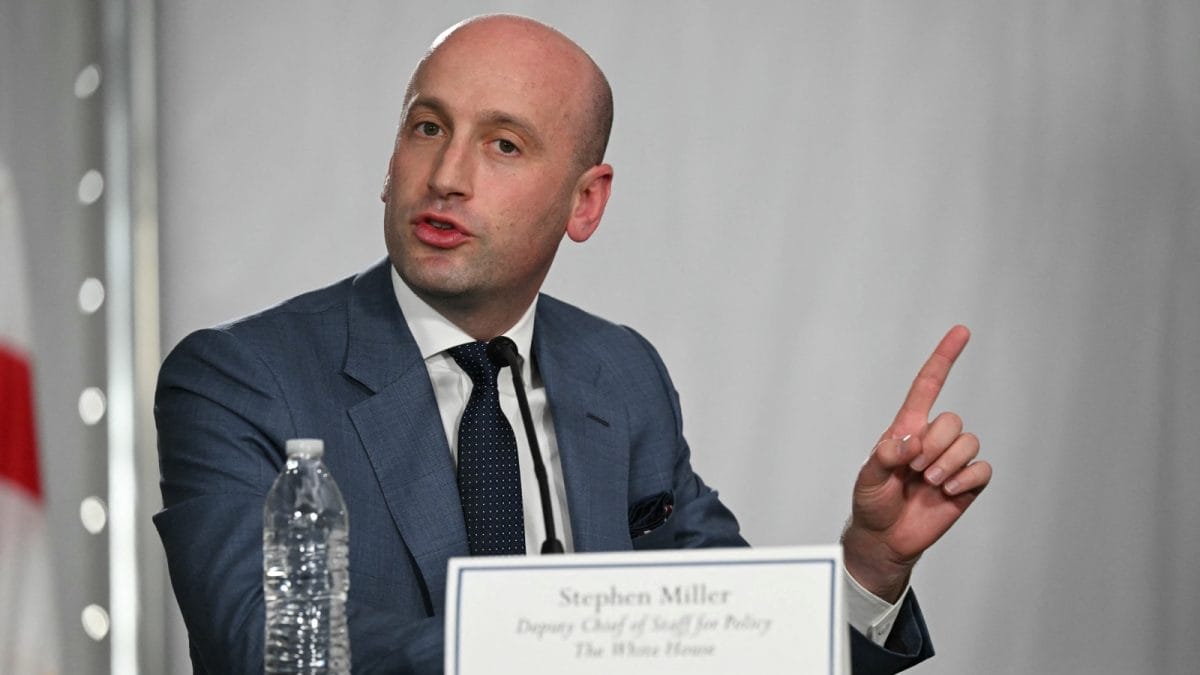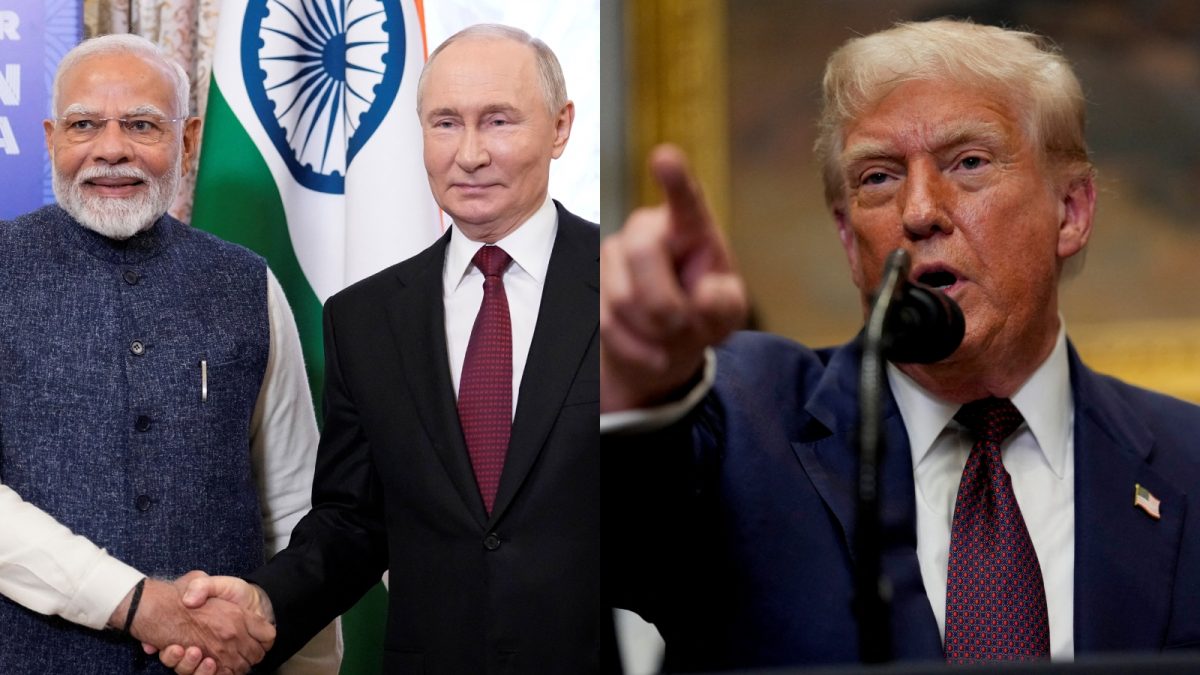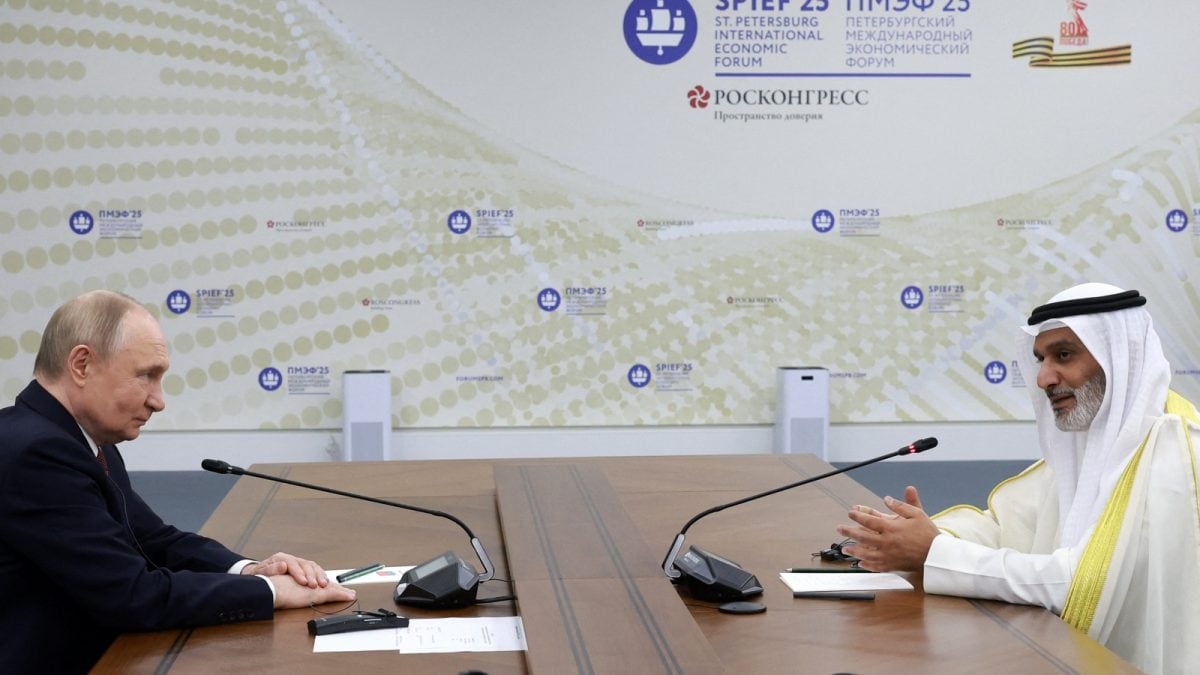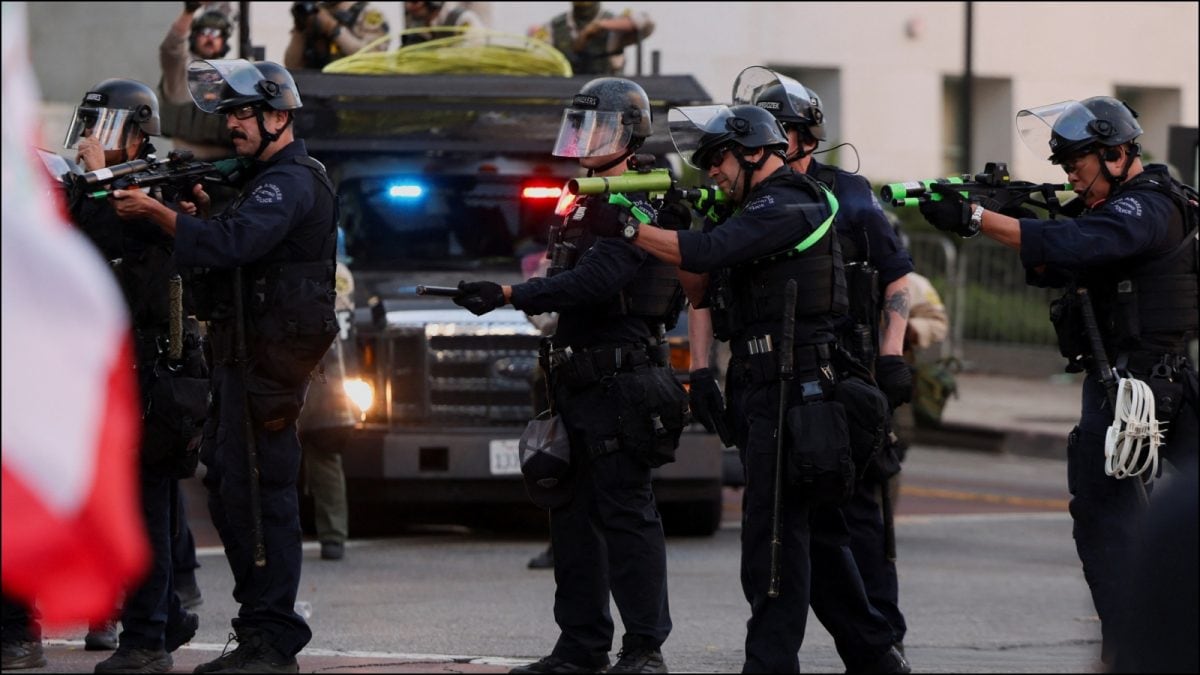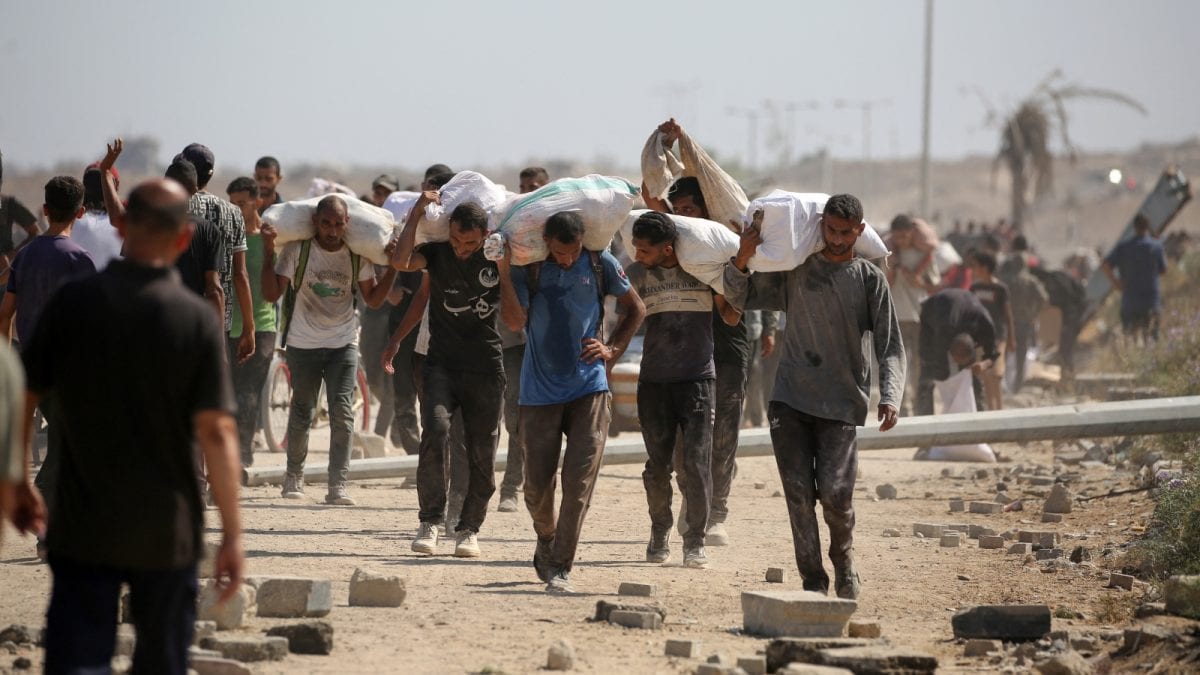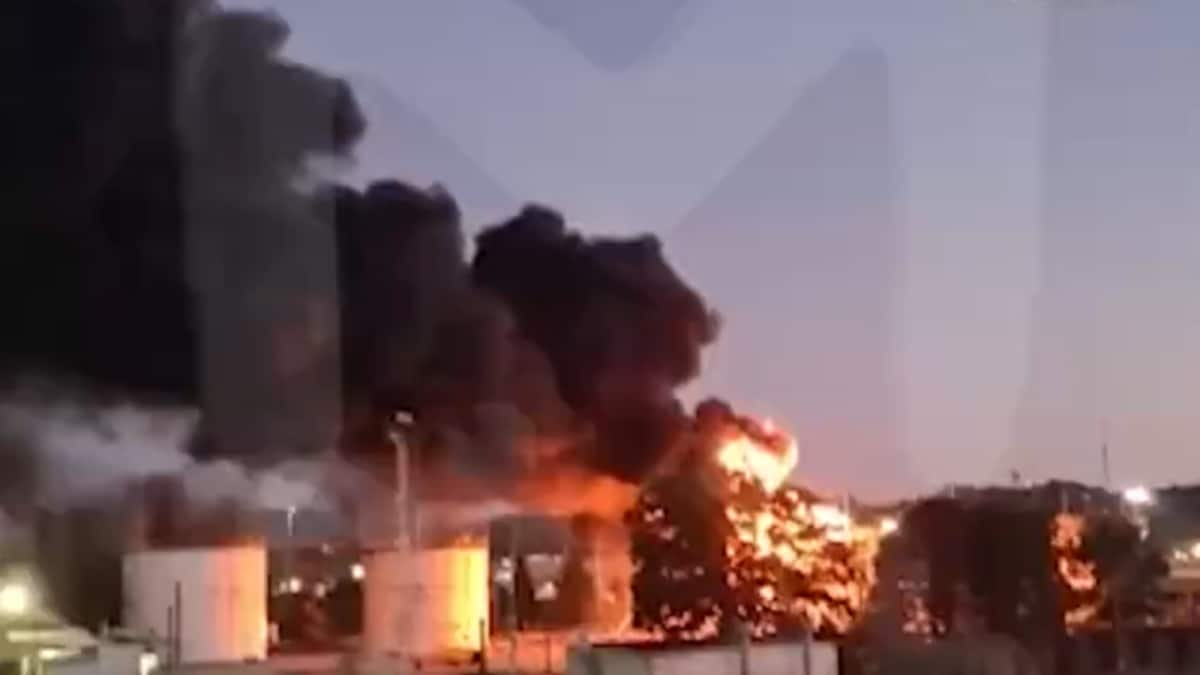Last Updated:June 15, 2025, 22:57 IST
Israel wiped out most of Iran's military leadership and eliminated senior nuclear scientists, dealing a significant blow to Tehran's strategic capabilities.

Israeli attacks on Iran have killed over 120 people in two days. (Reuters)
Israel’s recent strikes on Iran, which wiped out most of the top military leadership echelon and eliminated scientists responsible for Tehran’s nuclear programme, have dealt a significant blow to Iran’s strategic capabilities and may even trigger a possible regime collapse, intelligence sources told CNN-News18.
The IRGC’s intelligence apparatus, which managed regional proxies like Hezbollah and the Houthis, lay in shambles after Israeli strikes eliminated at least 20 high-profile military commanders under ‘Operation Rising Lion’ on Friday. This will have long-term implications across military, nuclear and geopolitical domains, according to the intelligence sources.
Iran’s Nuclear Capabilities Affected
The assassination of at least nine senior nuclear scientists – including prominent figures like Fereydoon Abbasi, former head of Iran’s Atomic Energy Organisation, and Mohammad Mehdi Tehranchi – has deprived Iran of decades of specialised knowledge in uranium enrichment and weapons design.
Their losses could delay Iran’s nuclear advancements by years as new scientists would require extensive training and access to compromised facilities. Additionally, Israeli strikes also destroyed electrical systems powering underground centrifuges in the Natanz nuclear facility, causing radiological contamination and disabling enrichment capabilities.
The Isfahan nuclear research complex suffered heavy damage, leaving only the Fordow site operational due to its protective mountain bunker design. However, Iran’s uranium enrichment capabilities and significant damage to key facilities have obstructed its path to a nuclear weapon.
Iran’s Military Setback
The deaths of high-profile military figures, including IRGC Commander Hossein Salami, Armed Forces Chief Mohammad Bagheri, and Emergency Command head Gholam Ali Rashid, have robbed Iran of its most experienced military strategists. These figures were instrumental in proxy warfare and missile programmes.
The deaths of military commanders have disrupted the coordination of asymmetric attacks and weakened Iran’s so-called ‘Axis of Resistance’, comprising Hamas, Hezbollah and the Houthis. Sources said Iran’s capacity for sustaining conflict has diminished.
Israeli strikes destroyed Iran’s S-300 air defence systems and critical radar sites, leaving the country vulnerable to future aerial attacks. Moreover, replacement parts are scarce due to Russia’s own wartime needs, and they are delaying every supply.
The destroyed air defences and missile capabilities forced Iran into costly rebuilding amid sanctions, and its ability to supply missiles to the Houthis and Russia has been severely impacted. Strikes on solid-fuel mixer facilities at Khojir will stall missile production for at least a year, as Iran cannot domestically manufacture these components and relies on Chinese imports.
ALSO READ: Is Israel Eyeing Regime Change In Iran? What Netanyahu Is Aiming For
Regime Change In Iran?
The strikes have also opened the possibility of a regime change in Iran, as fuel shortages – following Israel’s strikes on South Pars gas fields – and water infrastructure risks can lead to civil unrest, sources added.
Protests in Tehran and reports of civilians privately celebrating the strikes suggest that the legitimacy of Ayatollah Ali Khamenei’s regime may face a collapse. Israel is hoping that its relentless attacks could unsettle the regime and pave the way for a popular uprising.
A lot of Iranians are frustrated with the state of the economy, restrictions on freedom of speech, women’s rights, and minority rights, most evident when protests broke out over the 22-year-old Mahsa Amini’s death in 2022 for not wearing a hijab correctly.
Group Editor, Investigations & Security Affairs, Network18
Group Editor, Investigations & Security Affairs, Network18
Tehran, Iran
First Published:News world Israeli Strikes Crippled Iran’s Military-Nuclear Programme, May Trigger Regime Collapse: Sources

 1 month ago
1 month ago





